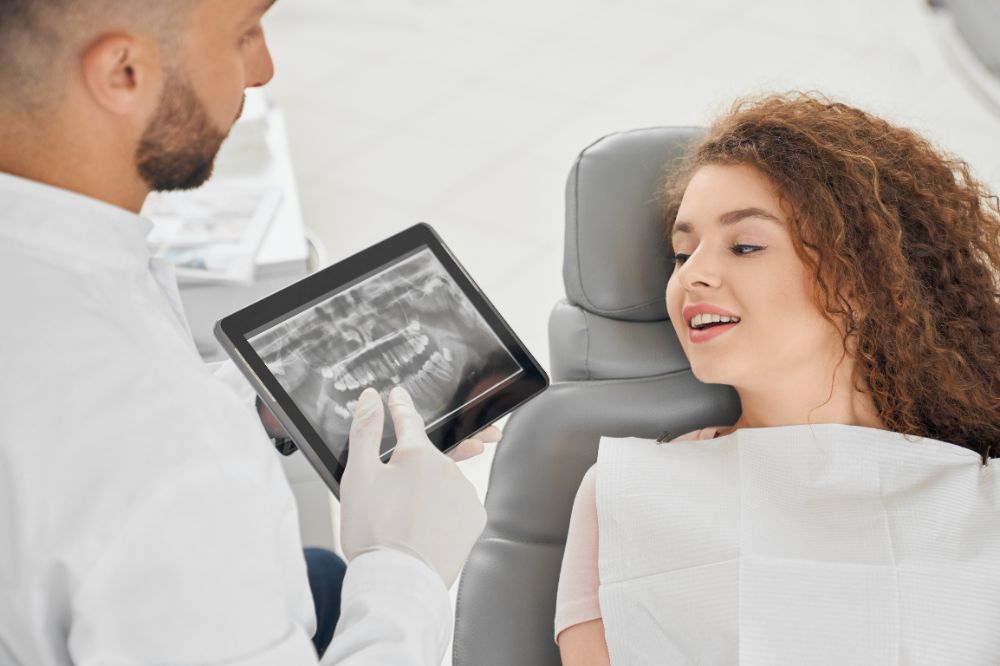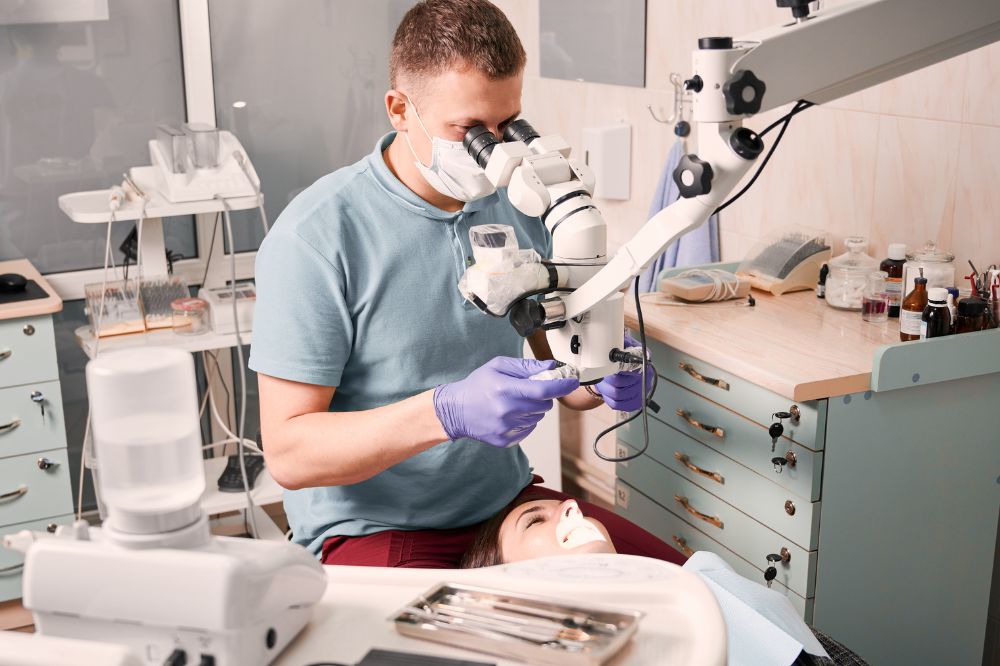Dental implants are a durable and effective option for replacing missing teeth. Every year, people who want to get dental implants often ask doctors, “Will I be put to sleep for dental implants?” If you’re thinking about dental implants in Mill Bay, having a good understanding of various sedation options and what to expect is essential because it will help to calm your nerves and instill confidence.
Most commonly, dental implants are done with local anesthesia as a numbing agent. However, some patients may prefer mild sedation, or in extreme cases, sedation for sleep dentistry, depending on their comfort level and medical conditions. Your dentist will explain their preferred approach for you based on your anxiety, the complexity of the treatment, and your overall health.
What Type of Anesthesia Is Used for Dental Implants?
The majority of dental implants can be performed under local anesthesia to numb just the area where the implant is being performed. The patient will be awake but will not have pain during the procedure. For patients who are concerned or for patients that may be receiving multiple implants, the dentist may offer sedation methods such as oral sedatives, IV sedation, or general anesthesia (the patient is totally asleep).
Is Sedation Always Necessary?
Not always. Many patients tolerate treatment very well without sedation, meaning they receive just local anesthesia. Sedation is commonly used for patients who are anxious about the dental procedure. This might include patients with complex surgery or requiring multiple implants. Your dental clinic in Mill Bay will assess your comfort level and develop your course of action.
What Are the Advantages of Sedation for Dental Implants?
Choosing sedation can provide:
- Reduced anxiety and stress during the procedure.
- A painless and more relaxed experience.
- Little or no memory of the surgery for nervous patients.
- A smoother process when placing multiple implants in one visit.
What Should You Expect After Sedation?
You will feel groggy after sedation for up to several hours. If you are under general anesthesia, you will need a ride home.
Follow your aftercare instructions carefully to reduce discomfort and swelling by:
- Taking prescribed medications.
- Applying ice packs to reduce swelling.
- Eating soft foods for the first few days.
How Does a Dental Clinic Near You Help with Sedation?
The dental clinic of your choice that specializes in dental implants will also provide you with multiple sedation options according to your comfort level. They will guide you through each step, inform you about what to expect and, even better, prepare you for smooth recovery.
Experience Stress-Free Dental Implants Today!
Having dental implants does not have to be a stressful or painful procedure. With the correct type of sedation, however, you can be relaxed and comfortable, while restoring your smile. The entire team at Mill Bay Dental Health and Implant Centre is here to help provide excellent implant care in an inviting place. Set your visit today for a sparkling smile!
FAQs
Can I choose not to have sedation for dental implants?
Yes, you can skip sedation if you are fine with just local anesthesia.
How safe is sedation for dental implants?
Sedation is considered safe as the procedure is performed by fully trained and accredited professionals who will be monitoring you throughout.
Will I feel pain after the anesthesia wears off?
You may be sore, but nothing that cannot be handled with appropriate pain medication and proper aftercare.
Can I eat before my implant surgery if I’m getting sedation?
Most patients that are getting sedation are told not to eat for several hours prior to the sedation. Ultimately, follow the instructions from your dentist.
Is sedation dentistry considered medically necessary under insurance?
This is up to your insurance plan. Some cover sedation if it is medically necessary.






